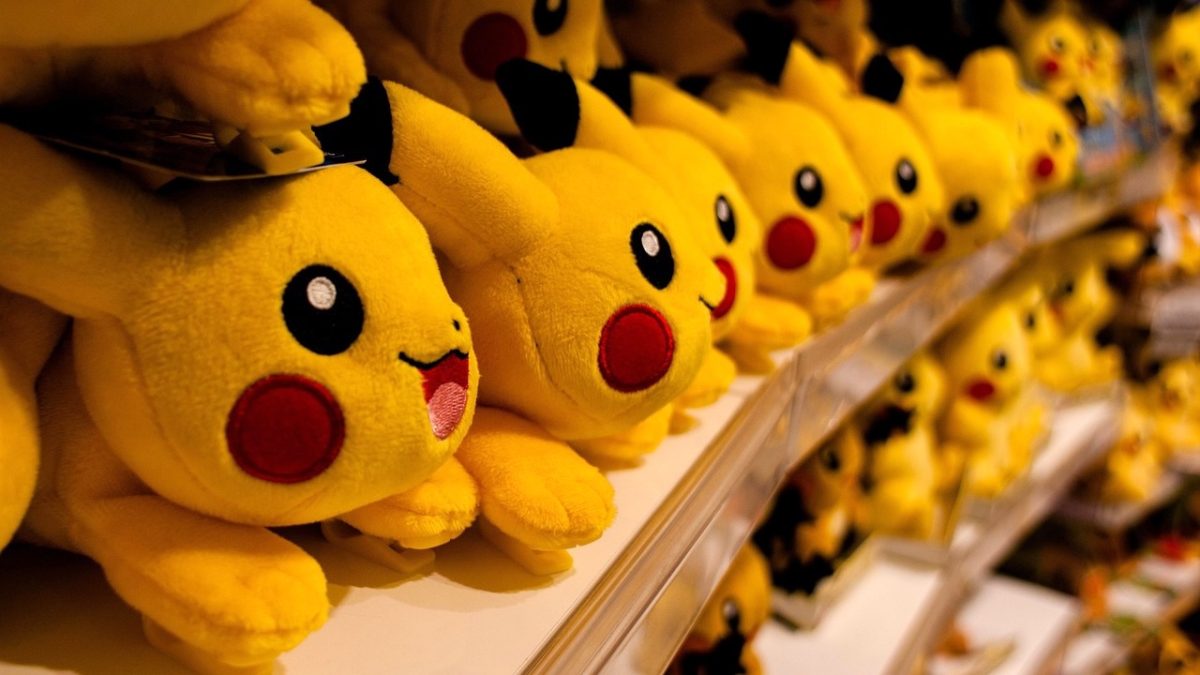If students and teachers want their relationships to go beyond academic, they may want to wait until after the student graduates.
The University does not allow students and teachers to be in an amorous relationship, which ranges from anything such as dating to a sexual relationship.
According to the University’s Consensual Amorous Relationship Policy, relationships can be “construed as an abuse of authority” or “an inappropriate conflict of interest.”
The University instructs those in a developing relationship to report it to a supervisor within the department. The University would then make arrangements to “discontinue formal connections between them,” according to the policy.
If the relationship is not reported, the teacher can suffer disciplinary action ranging from a verbal warning to temporary suspension.
Amorous relationships should not exist in any professional supervisory relationship, said Brad Colwell, dean of the education department.
“I think it’s much less about the relationship and much more about appropriate business protocol,” he said.
Colwell said this issue has not come up in the education department and attributes this to the nature of the department itself. He explained that the students in the department are often out in public schools and have a “heightened sensitivity” to this issue.
“Our job is not only helping college kids but we’re in the K-12 business too,” Colwell said. “Ninety-nine percent of the people here have a student’s heart, if you know what I’m saying, so it’s really a rarity when something like that would happen.”
If a student and teacher are in a relationship, it can often lead to questions of objectivity, Colwell said.
“If a student gets an A and everybody else gets a lesser grade, somebody is always going to be asking that question,” Colwell said.
These relationships can also lead to problems of power, said Craig Vickio, staff psychologist at the Counseling Center. Vickio said the power differential between students and teachers can lead to an imbalance in an amorous relationship.
“I’ve been counseling for 27 years here and what often leads to problems in relationships [is because] there is an imbalance present,” Vickio said.
Vickio said the power a teacher has can be dangerous within a relationship and can lead to exploitation.
Even if a student waits until the semester is over to be in a relationship, it can still lead to problems, Vickio said. A student may be in a class with that teacher in the future or the teacher may be in an advising role for that student.
Even if the student or teacher are close in age, such as a graduate and undergraduate student, there can still easily be a power differential, said Rebecca Ferguson, Chief Human Resources Officer.
Ferguson said teachers need to be aware of the power they have as an educator before engaging in a relationship.
Bill Balzer, vice president of faculty affairs, said relationships between graduate students and faculty happened much more often than with undergraduate students.
“I’ve been at the University for over 30 years now and I can honestly say that when there were relationships blossoming, it was more often between a faculty member and a graduate student,” he said.
While relationships do form, the people involved always did the “appropriate thing,” Balzer said.
Balzer said amorous relationships are not healthy for the learning environment. He said that preventing these relationships from forming helps students have a better experience.
“We want to make sure students have a great academic experience in a great and welcome academic environment,” Balzer said.
Junior Taylor Spearman agrees with the policy and thinks relationships between students and teachers can create bias.
“I’d be pretty [angry] if someone was getting unfair treatment with an instructor,” she said.
Junior Daniel Galek said there shouldn’t be a policy because students and teachers should be able to decide if their relationship can work in an academic setting. He said that while it can create bias, he feels most teachers do have bias regardless, such as students that teacher “hates.”
Galek did say, however, that it should not get out of hand and severely affect the learning environment.
“If you act irresponsibly maybe that should be looked into,” he said.













